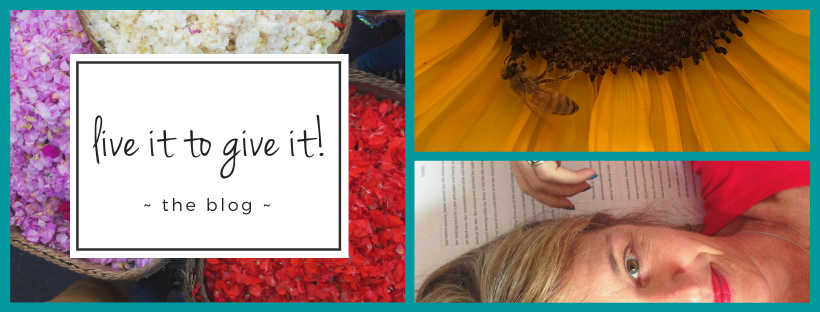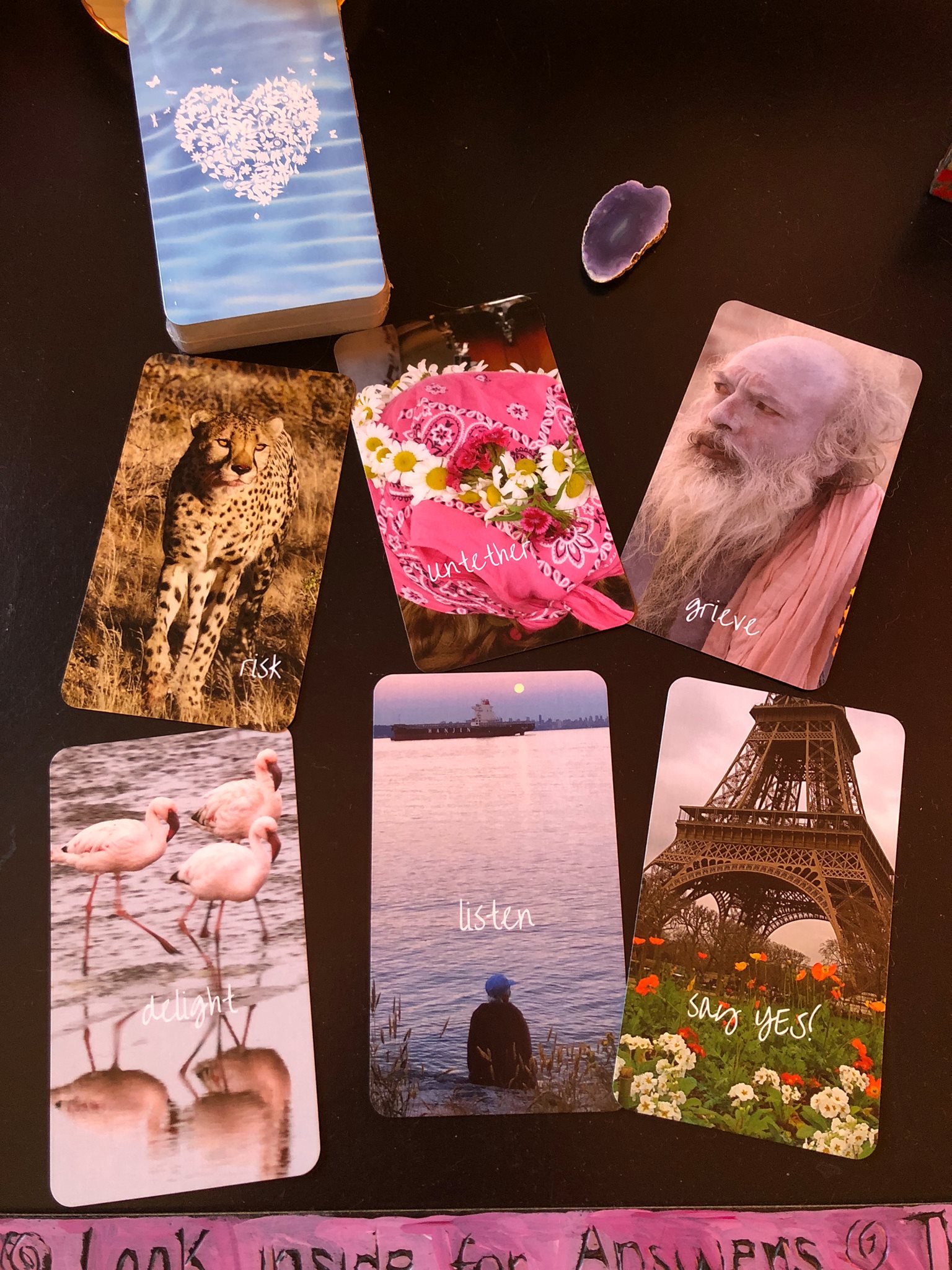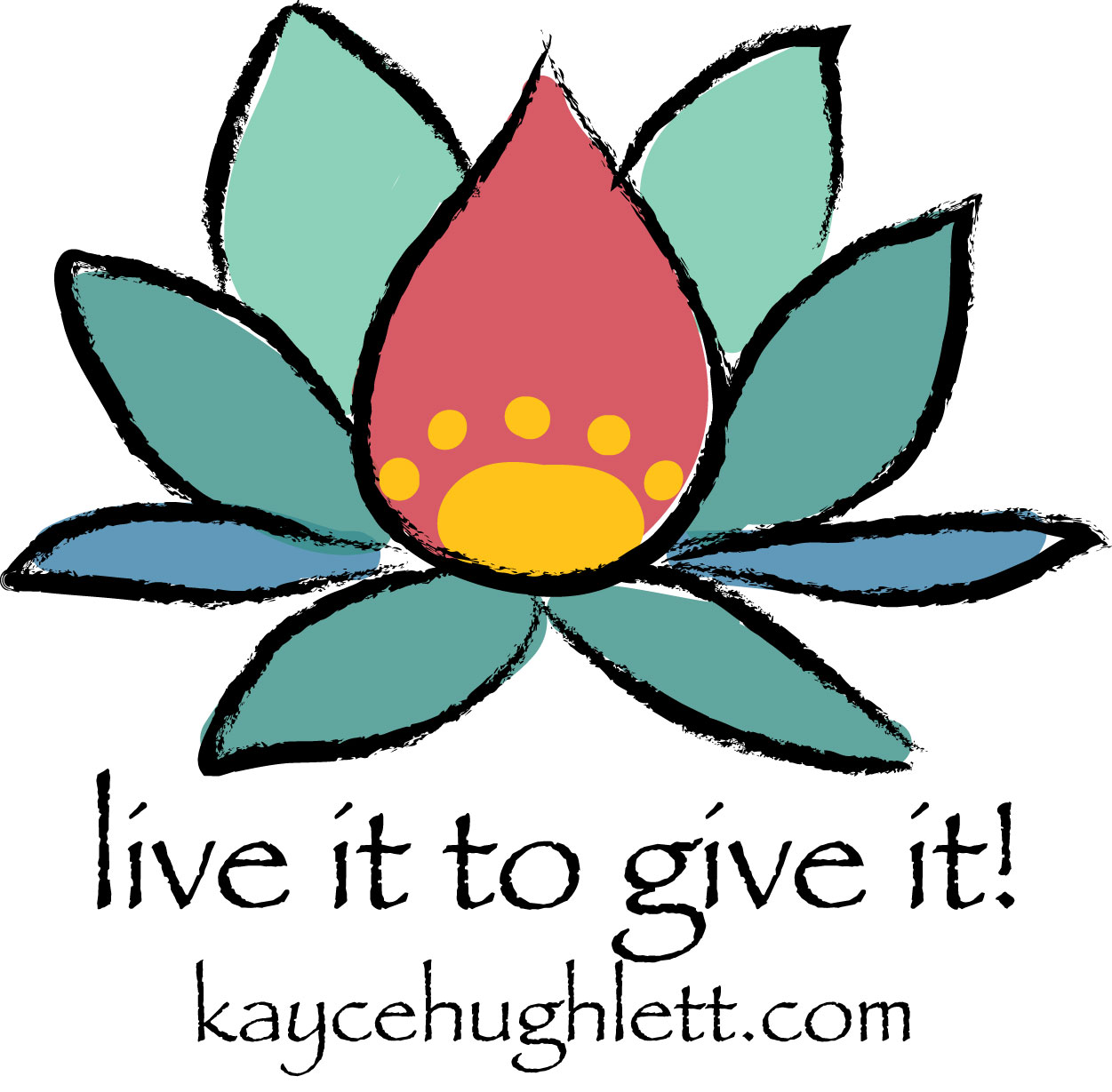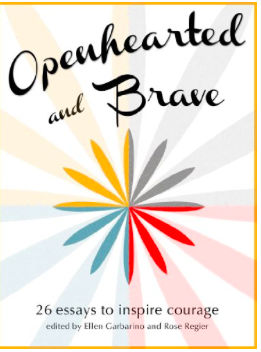The Art of Possibility: “It’s All Invented”
 Monday, March 18, 2013 at 1:00 AM
Monday, March 18, 2013 at 1:00 AM “This is a how-to book of an unusual kind. … [offering the reader] the means to lift off from the world of struggle and sail into a vast universe of possibility.” The Art of Possibility
Welcome to “On the Same Page” – an online book club hosted by four fun-loving coaches (Kanesha Baynard, Betsy Pearson, Amy Steindler & me) who have made our careers by launching into the ‘vast universe of possibility.’
Our carefully selected book this spring is The Art of Possibility by Rosamund Stone Zander and Benjamin Zander. This week I have the privilege of introducing the first chapter, “It’s All Invented” or as I tend to call it, “We Make Stuff Up.”
Recently I was listening to a close friend expound on a couple of people in her life. Her observations included things like: ‘She’s passive-aggressive,’ and ‘He doesn’t listen to me.’ Perhaps these stories are true or maybe they’re invented. Bottom line: They both appear to agitate her and get in her way of living from a place of abundant possibility. Simply put: they are the story she’s telling in moments of frustration.
“All of life comes to us in narrative form; it’s a story we tell.” The Art of Possibility
What story are you telling?
Bringing to mind “it’s all invented” is about shifting our framework from unappealing thoughts and moving them toward the conditions we desire. If indeed we make stuff up, why not make up things that enhance our quality of life and the life of those around us?
I don’t know about you, but I love examples, so today I’ve gone to my cohorts and asked them to get vulnerable and share some of their personal insight on playing with the concept of “it’s all invented.”
Clockwise from upper left: Betsy Pearson, Kayce Hughlett, Amy Steindler, Kanesha BaynardStories Coaches Tell Themselves…
Here’s what I asked them (and you’re invited to play along, too!)
1) What assumptions do you make (that you may not be aware of) that contribute to the story you tell?
2) What might you invent that would give you other choices?
Let’s see what they have to say... I’ll go first.
Kayce: When I’m feeling anything but clear or wise, I am certain that any feedback I receive on my writing will be awful and make me feel bad and I won’t be able to write anymore. While I wallow around in that thought I’m already making myself miserable and usually I stop writing.
What I can invent instead is that I have a choice to take or leave any feedback offered. Feedback also gives me information I didn’t have before and I can use it to create a better story that enriches my life.
Kanesha: The biggest story trap I fall into is I do not have enough information to move forward in a new project. I get all muddled in my own quicksand and I cannot even take a half a step forward until I’m 100% sure I have enough info to wiggle my pink toe.
I think I need to invent a mental quicksand dissolving solution (QDS). As soon as I start to get stuck with my story – I could sprinkle some QDS (only takes a few drops) and then give myself 15 minutes to throw out all possible ideas and information to help me in taking a half of step. And if I’m feeling really bold – I could drop an entire tablespoon of QDS on my mental quicksand and move forward like gangbusters. Yeah – I need to get to the lab, stat!
Betsy: When I am least clear, I tell myself this story: I don't know what I want and that's probably a good thing because if I WERE to do what I want it would probably hurt others AND make them hurt me in return. Ack.
An alternative story: My knowing what I want and going after it is the ONLY way to heal others and -- weirdly enough -- to allow/receive their healing of me. Sniff.
Amy: My recurring blind spot is that I think I'm not being well taken care of--and it can happen between me and a close friend or my husband, or between me and the waitress who doesn't come around for 30 minutes then charges me full price for the drinks that were half price at happy hour, which ended six minutes before she got around to putting in the order. I'm assuming that the other person just doesn't give a rat's patootie about me, or that they suck at their jobs.
In an alternate universe, I can now assume that it's okay to mind the clock for her, and get up from my cushy seat by the window overlooking the harbor, and ask for what I want! I would have gotten the drink with less angst, and she would have gotten a bigger tip. For the more painful times when I think I'm not being taken care of, I can make the assumption that I have the power to take care of my own self (see "rising from cushy chair" above), and that there is infinite universal support when I do.
Oh how I love these women: vulnerable, witty, and wise!!
Now, it’s your turn to play with the assumptions you make (using the same questions I posed to the coaches) and see how you can turn your stories around and open up the door for next week’s chapter hosted by Betsy Pearson:
“Stepping into a Universe of Possibility”!
 Art,
Art,  On the Same Page,
On the Same Page,  Possibility
Possibility 





Reader Comments